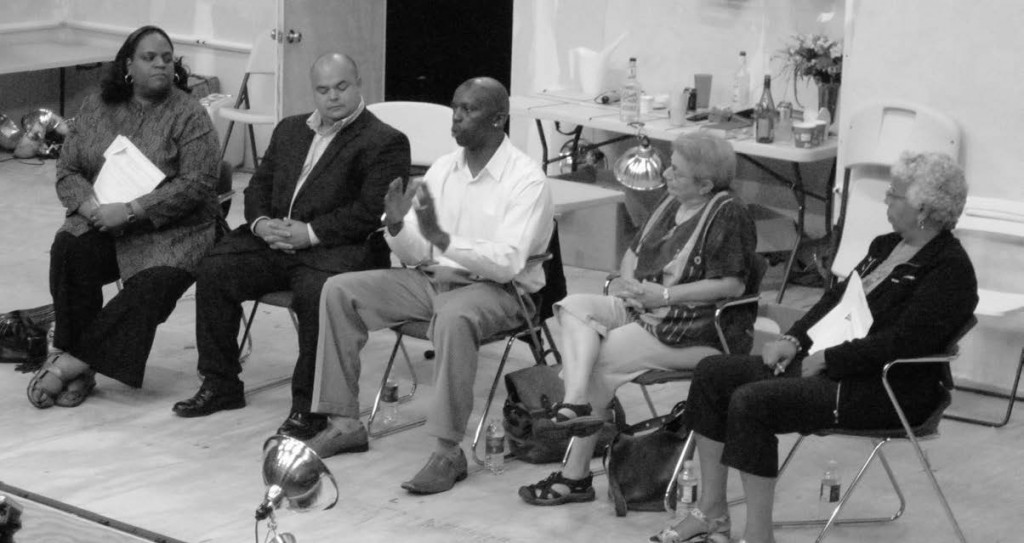 The most recent issue of Human Architecture: Journal of the Sociology of Self-Knowledge, entitled and dedicated to “Conversations with Enrique Dussel on Anti-Cartesian Decoloniality and Pluriversal Transmodernity,” is now available on ScholarWorks, the open access institutional repository for scholarship and research out of UMass Boston.
The most recent issue of Human Architecture: Journal of the Sociology of Self-Knowledge, entitled and dedicated to “Conversations with Enrique Dussel on Anti-Cartesian Decoloniality and Pluriversal Transmodernity,” is now available on ScholarWorks, the open access institutional repository for scholarship and research out of UMass Boston.
Human Architecture has been published since 2002 by the Omar Khayyam Center for Integrative Research in Utopia, Mysticism, and Science (Utopystics) and has been edited by Mohammad H. Tamdgidi, Associate Professor of Sociology at UMass Boston, since that time.
Apart from an introductions by Tamdgidi and issue co-editors George Ciccariello-Maher and Ramón Grosfoguel, the contents of this issue include:
- “Agenda for a South-South Philosophical Dialogue” by Enrique Dussel
- “Justice after the Law: Paul of Tarsus and the People of Come” by Eduardo Mendieta
- “Law, Globalisation, and Second Coming” by Oscar Guardiola-Rivera
- “Philosophy, the Conquest, and the Meaning of Modernity A Commentary on ‘Anti-Cartesian Meditations: On the Origin of the Philosophical Anti-Discourse of Modernity’ by Enrique Dussel” by Linda Martín Alcoff
- “Thoughts on Dussel’s ‘Anti-Cartesian Meditations‘” by Lewis R. Gordon
- “The Structure of Knowledge in Westernized Universities: Epistemic Racism/Sexism and the Four Genocides/Epistemicides of the Long 16th Century” by Ramón Grosfoguel
- “Exploring Pluriversal Paths Toward Transmodernity: From the Mind-Centered Egolatry of Colonial Modernity to Islam’s Epistemic Decolonization through the Heart” by Dustin Craun
- “The Voice of a Country of Called ‘Forgetfulness’: Mahmoud Darwish as Edward Said’s ‘Amateur’” by Rehnuma Sazzad
- “Lisa Suhair Majaj’s Geographies of Light: the Lighted Landscape of Hope (Book Review)” by Rehnuma Sazzad
- “Deep Learning in the Sociological Classroom: Understanding Craving and Understanding Self” by Linda R. Weber
To view the full issue, and to explore back issues of Human Architecture, click here.
ScholarWorks is the University of Massachusetts Boston’s online, open access institutional repository for scholarship and research. ScholarWorks serves as a publishing platform, a preservation service, and a showcase for the research and scholarly output of members of the UMass Boston community. ScholarWorks is a service of the Joseph P. Healey Library at UMass Boston.



